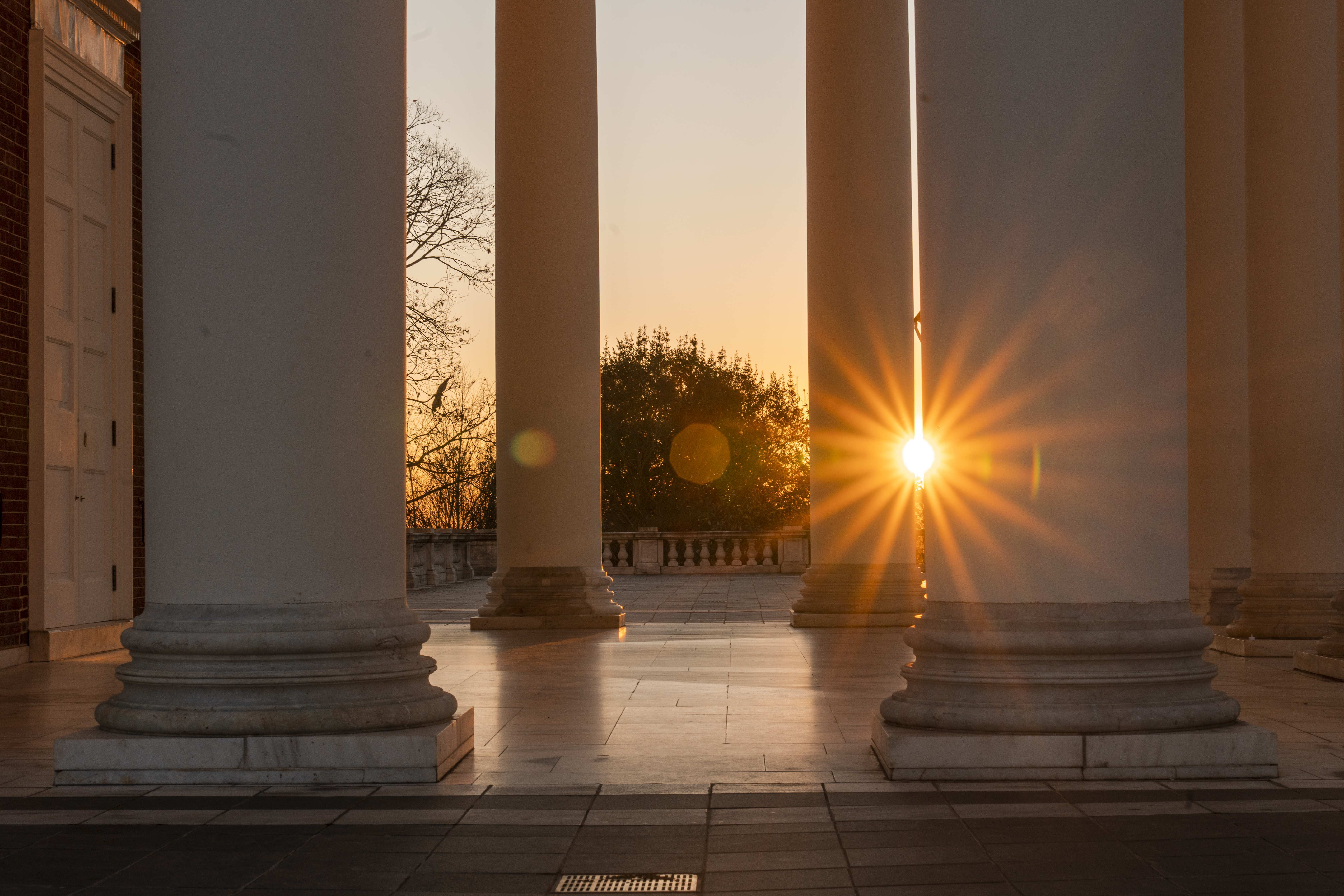Guided by its mission to make high quality education affordable, accessible and achievable, UVA’s School of Continuing & Professional Studies is pleased to announce the award of a $350,700 grant from Ascendium Education Group, a 501(c)(3) non-profit committed to helping learners from low-income backgrounds achieve their academic and career goals. This grant is a critical first step in positioning the school to become Virginia’s first public university that provides incarcerated individuals with the ability to complete a bachelor’s degree.
The opportunity to continue education is an important component in providing the best outcome possible for individuals and their communities upon release from prison. UVA’s Virginia Prison Education Program aims to address the estimated 60% of individuals still unemployed one year after release* by increasing post-release employment rates, earning potential, and upward mobility through education and skill-building. Significantly, the program also aims to reduce recidivism, with research distinctly correlating higher degrees earned in prison with lower rates of returning to prison.** Increased education and skills foster improved inclusion in communities, growing the pool of skilled workers and saving taxpayer dollars, which is estimated at $5 saved for every $1 invested.***
Education can transform the lives of individuals families and communities. The Virginia Prison Education Program not only upholds the University of Virginia’s charge to be both ‘great and good,’ but also extends our broader public service and public safety goals to improve communities within the Commonwealth and beyond. We are grateful to provide the opportunity for economic and social mobility to these students through bachelor’s degree completion.
Melissa M. Lubin, UVA School of Continuing and Professional Studies Dean.
UVA’s Virginia Prison Education Program is unique in that incarcerated individuals currently have opportunities to complete an associate degree while in the Virginia prison system, but the ability to attain a bachelor’s degree only exists in two facilities. UVA’s launch – the first by any public institution in the state – would expand the ability to earn a bachelor’s degree to a third facility in Virginia, with the potential for future growth into additional facilities. Furthermore, the program will be the first of its kind in a Virginia correction center for women, allowing individuals to take liberal arts courses aimed at building life- and workplace-relevant skills while providing a comprehensive curriculum in English, history, humanities, math, science and social studies.
The program’s goals appealed to Ascendium, whose national philanthropy focuses on increasing opportunities for learners from low-income backgrounds to achieve upward mobility through postsecondary education and workforce training. Furthermore, the program supports Ascendium's aim to expand the number of public institutions of higher education offering high-impact degrees to students with a history of incarceration.
UVA’s School of Continuing and Professional Studies is projected to launch the program in the spring of 2026, pending regulatory approvals.
Sources:
* Prison Policy Initiative, 2022
** How Effective is Correctional Education and Where do we go From Here? RAND, 2014
*** Serving Time or Wasting Time, RAND, 2014


